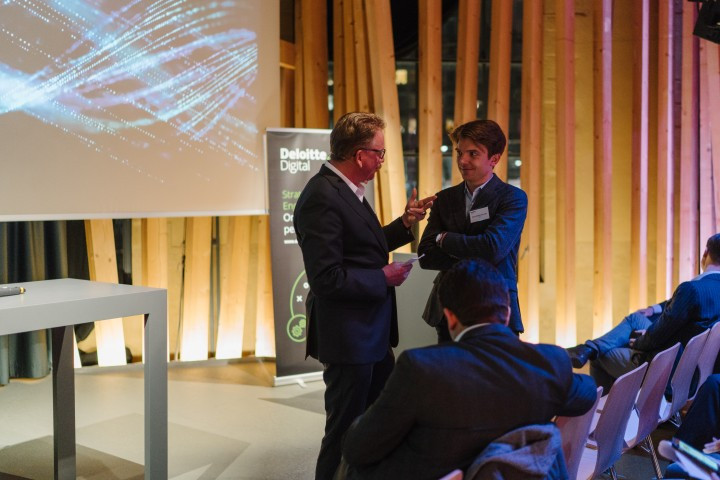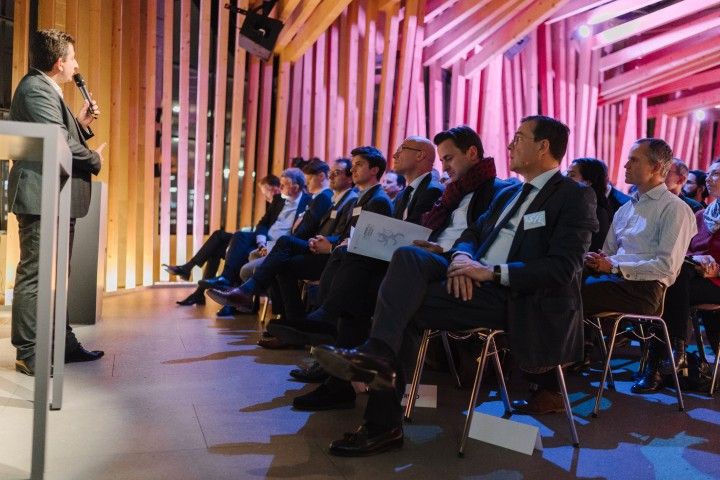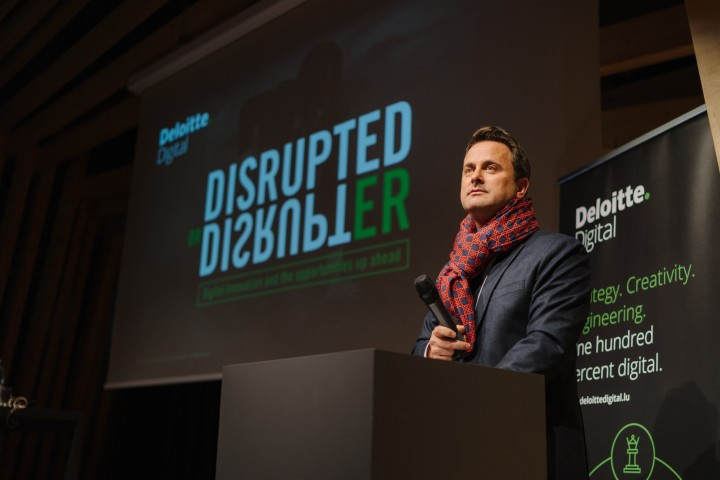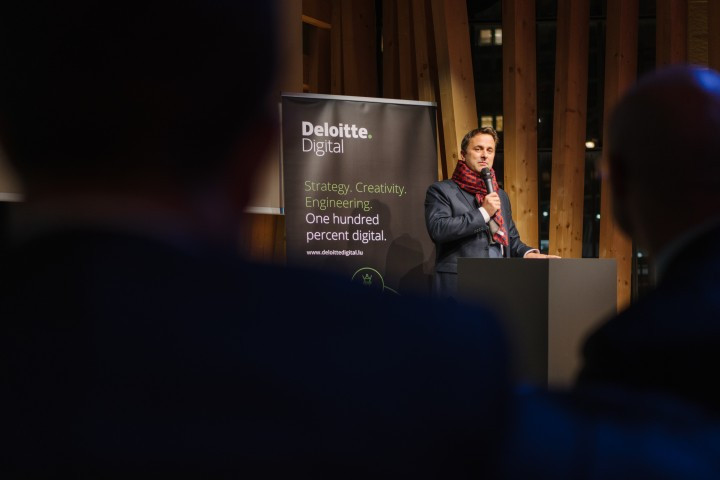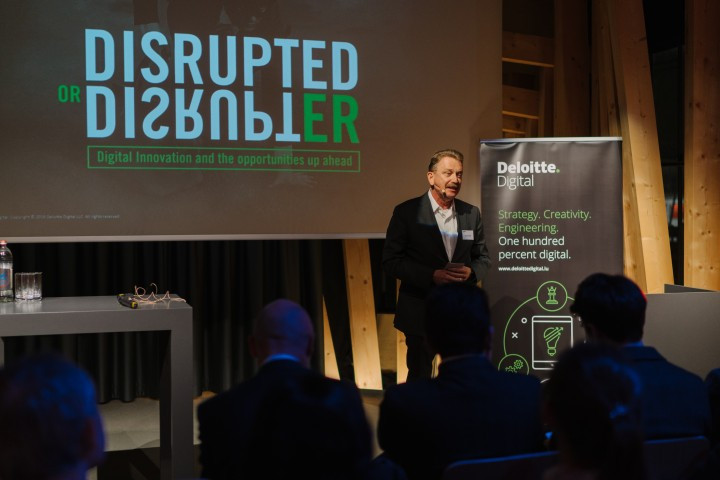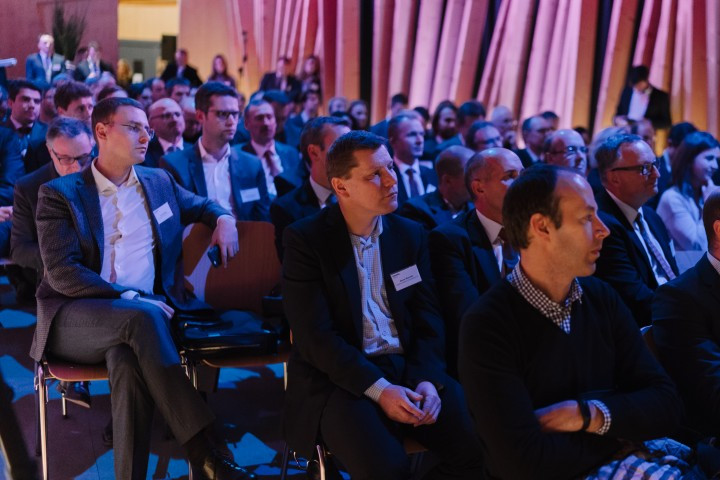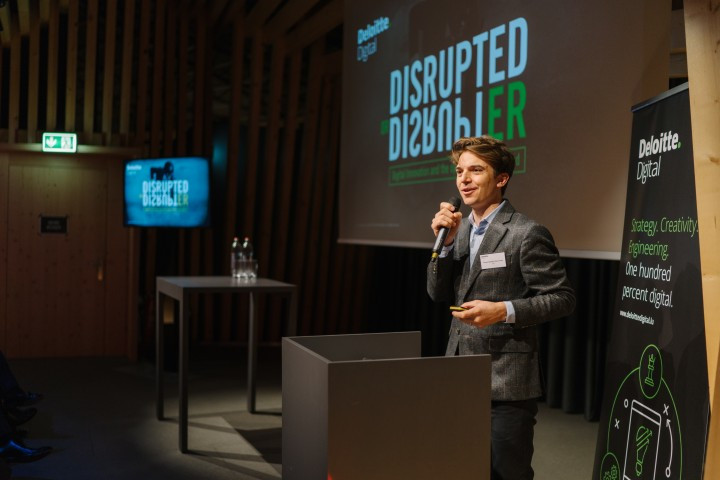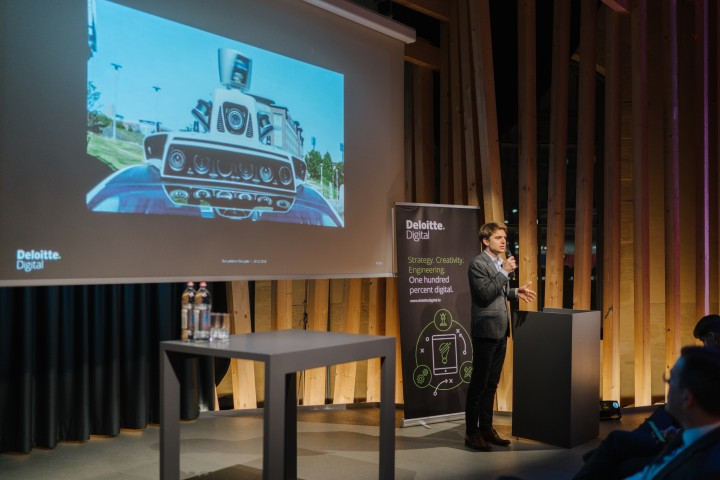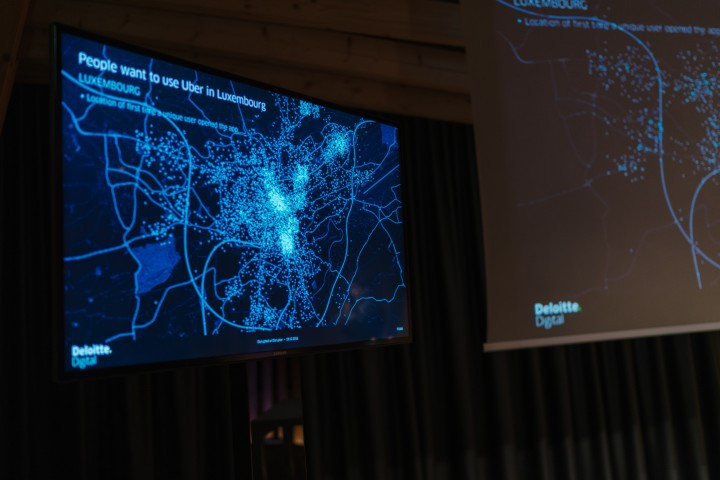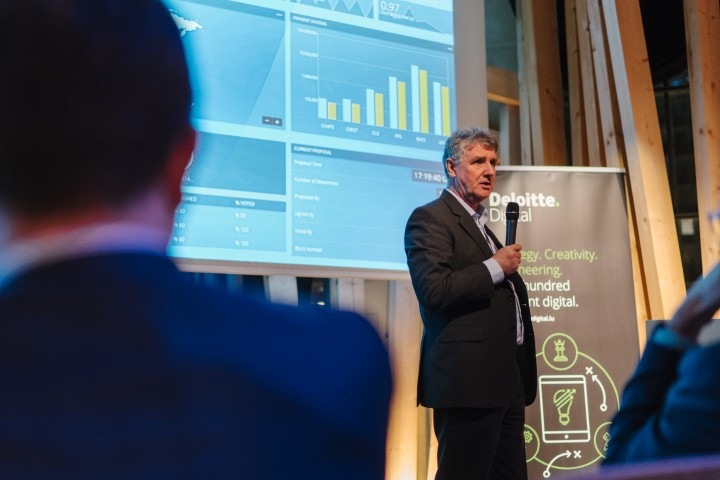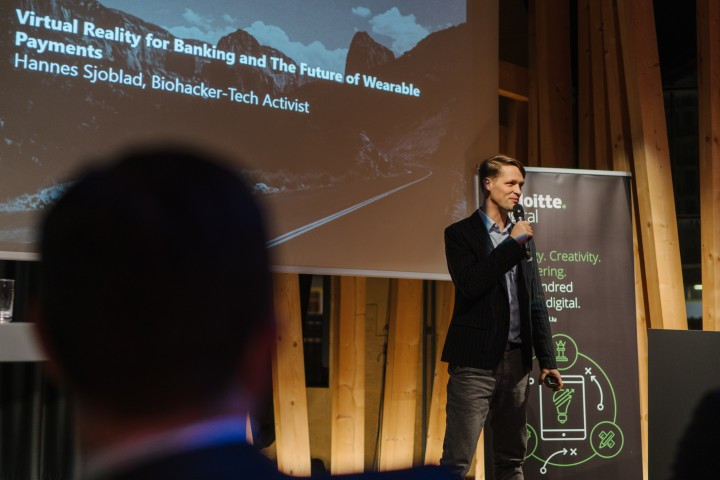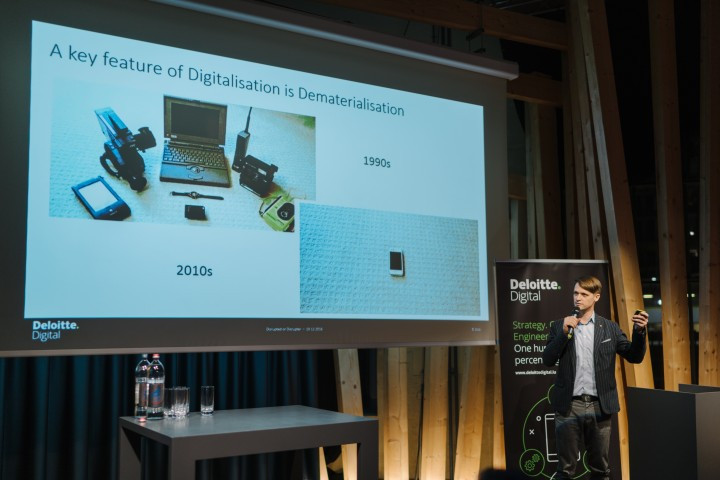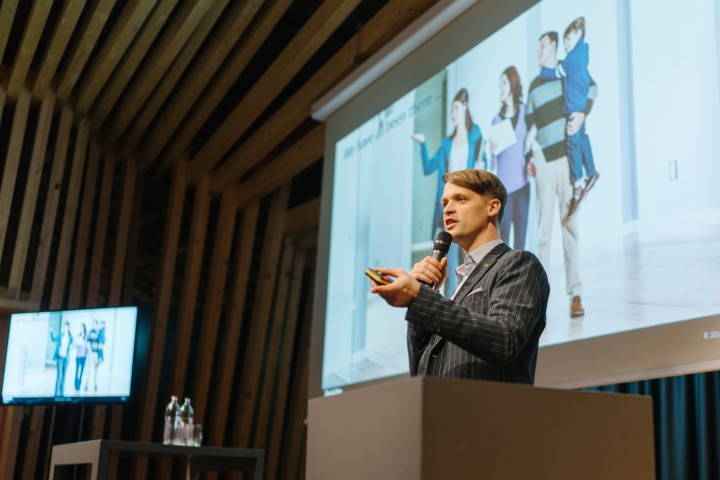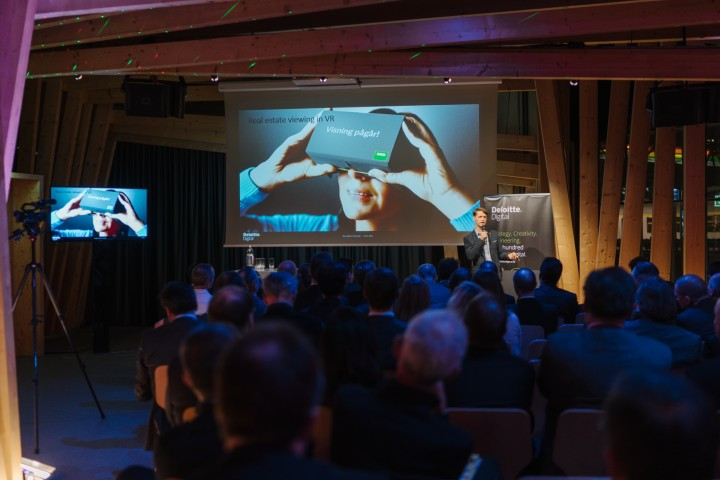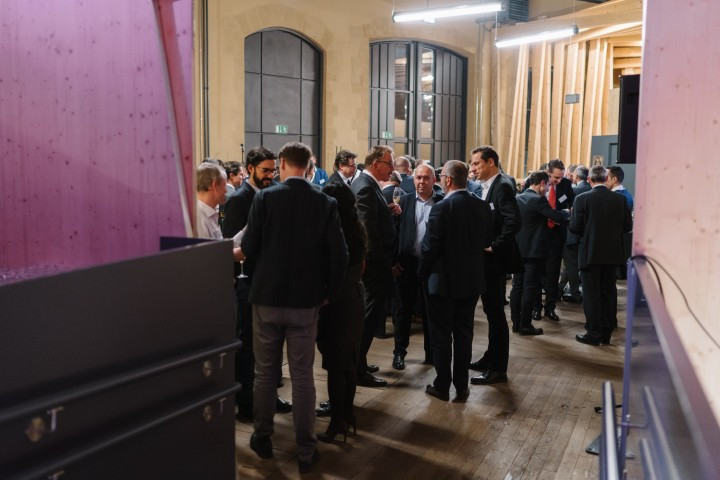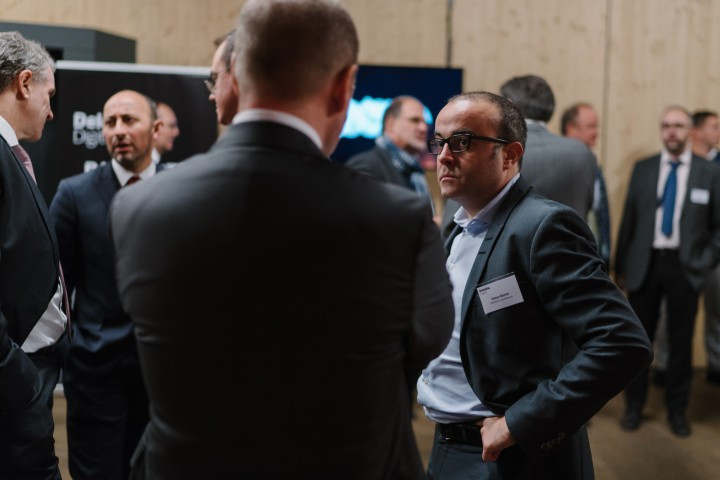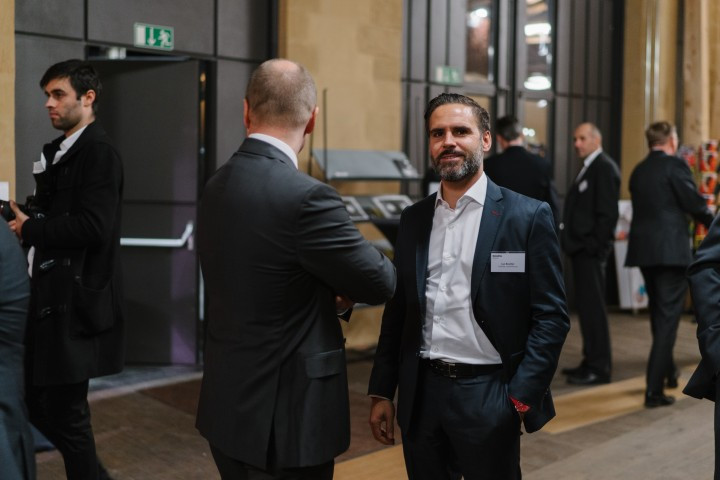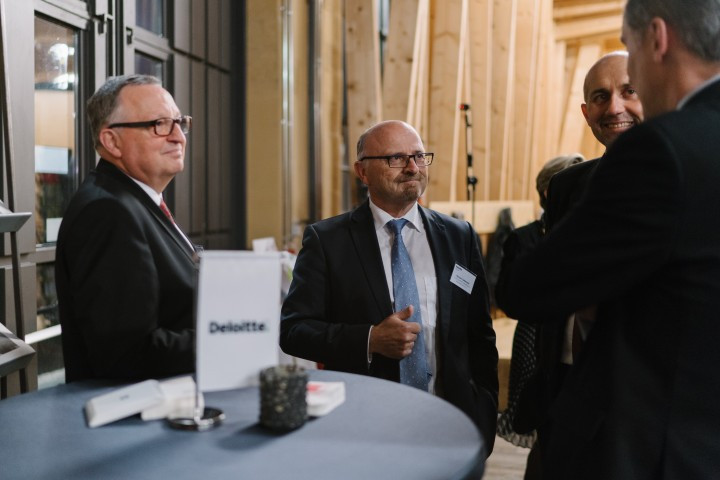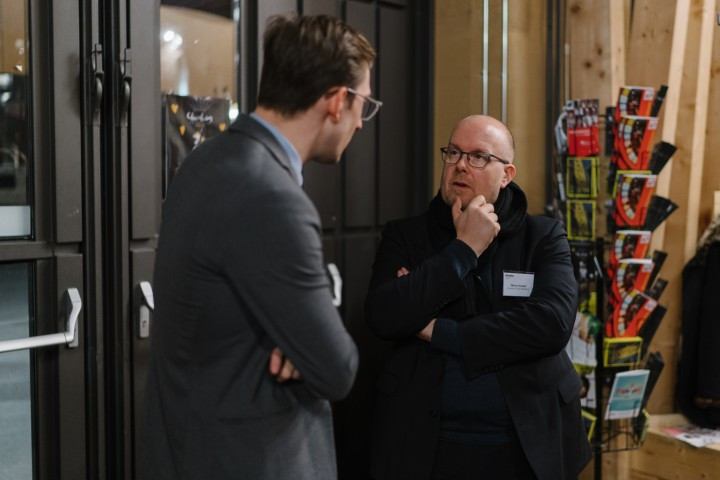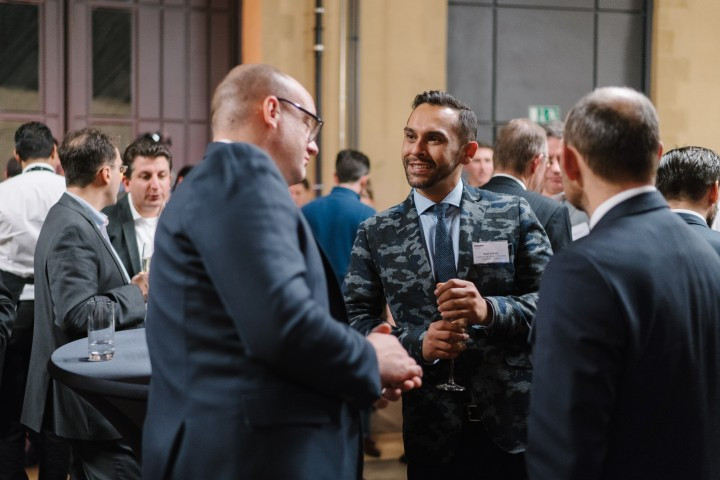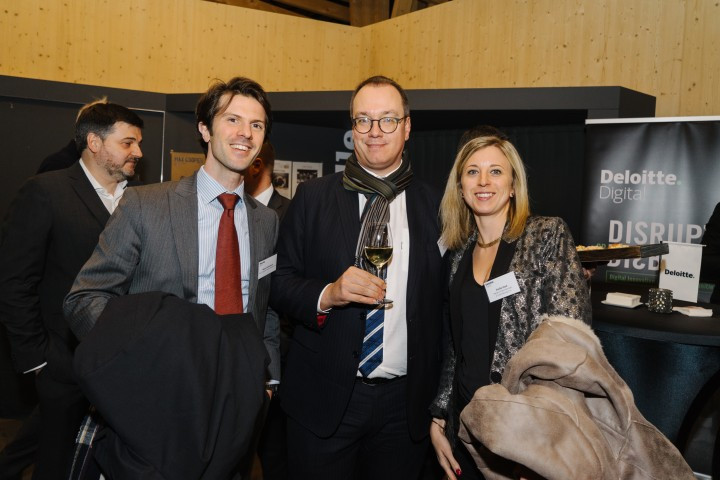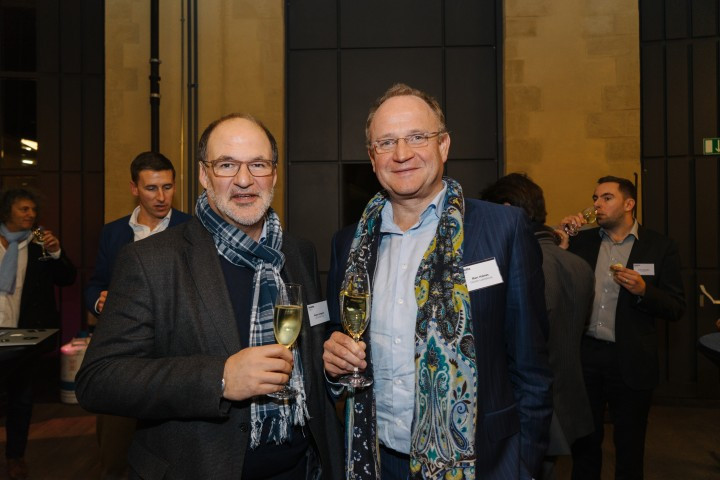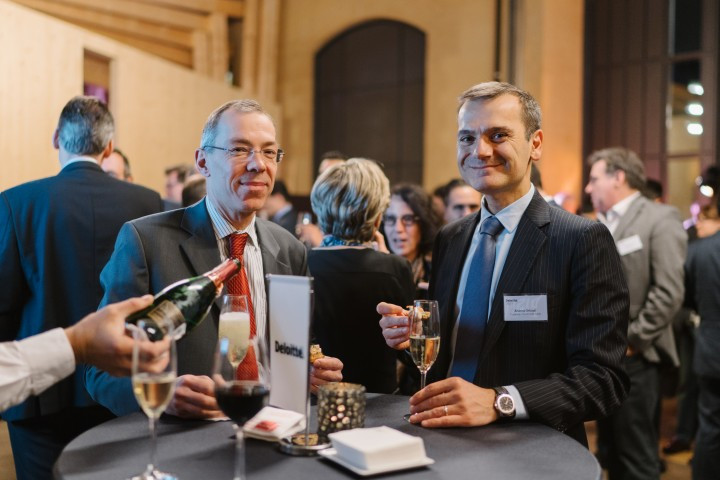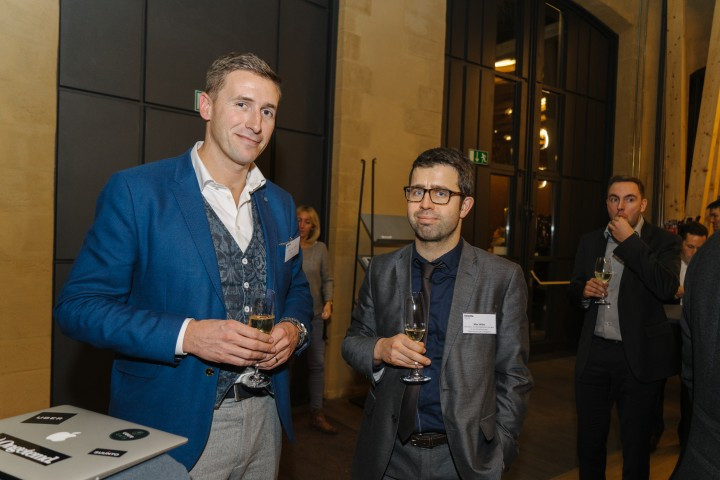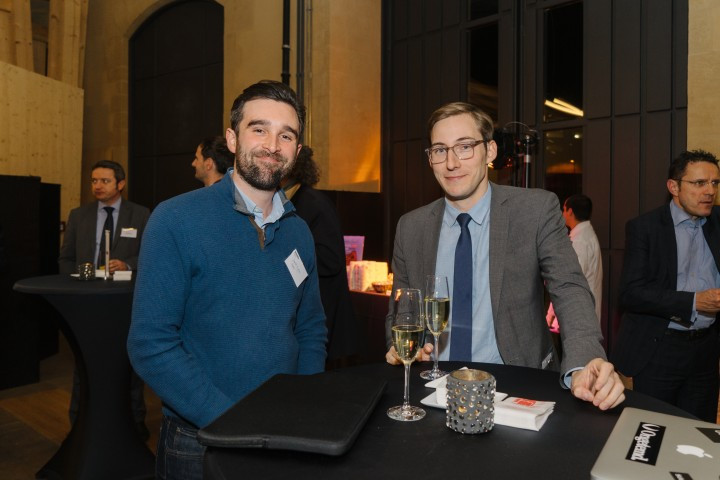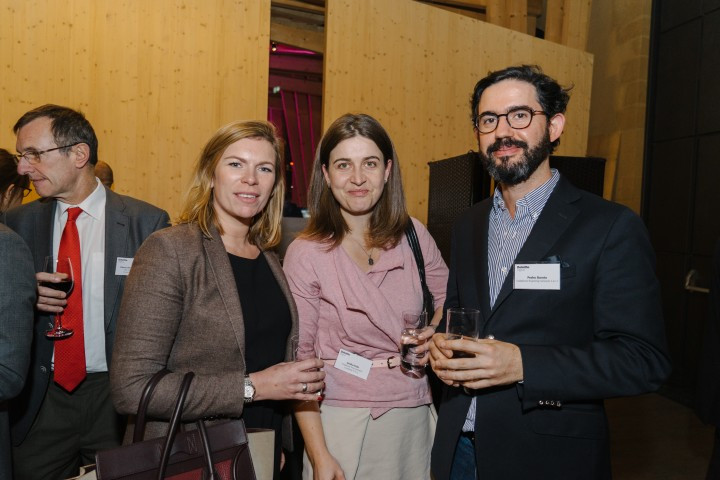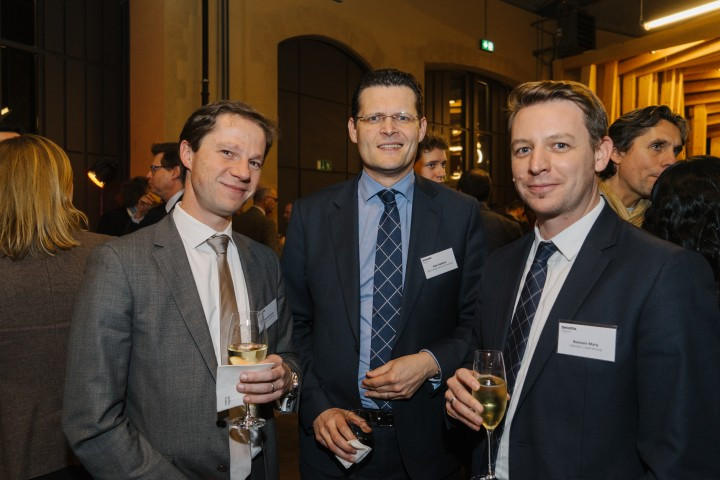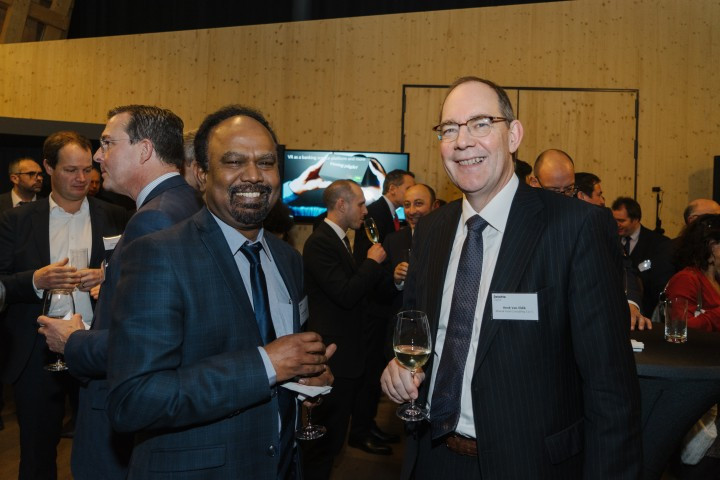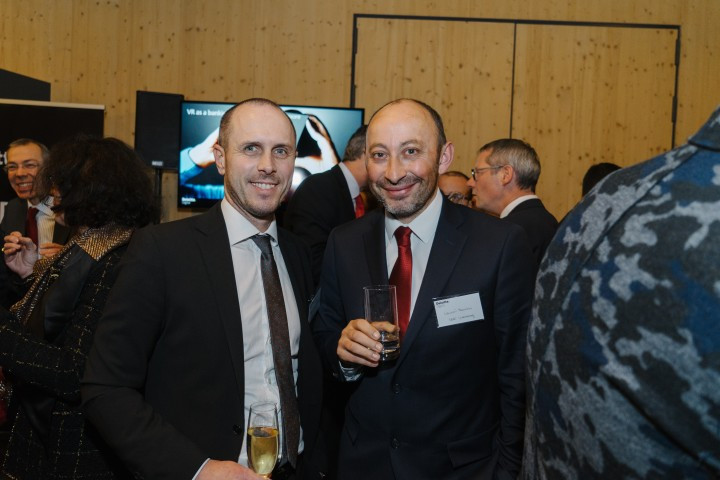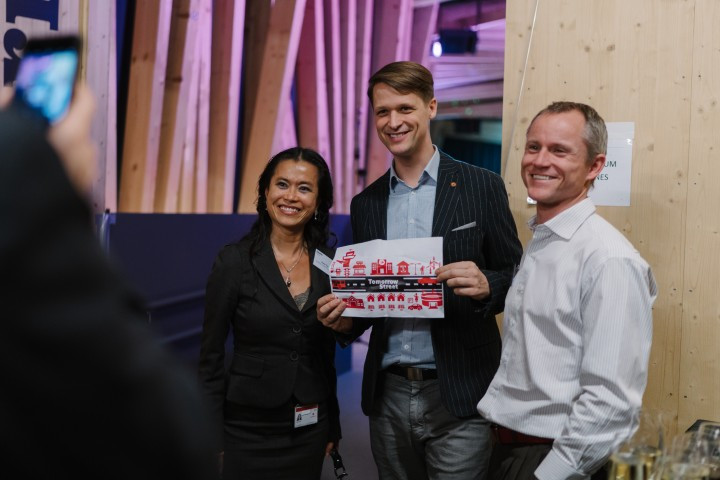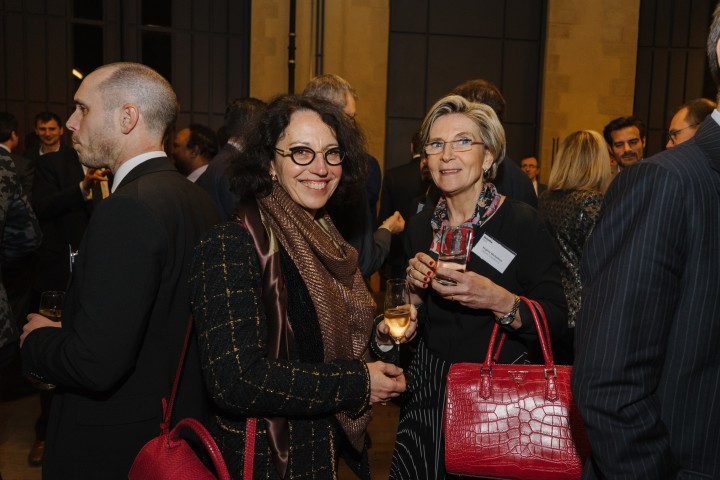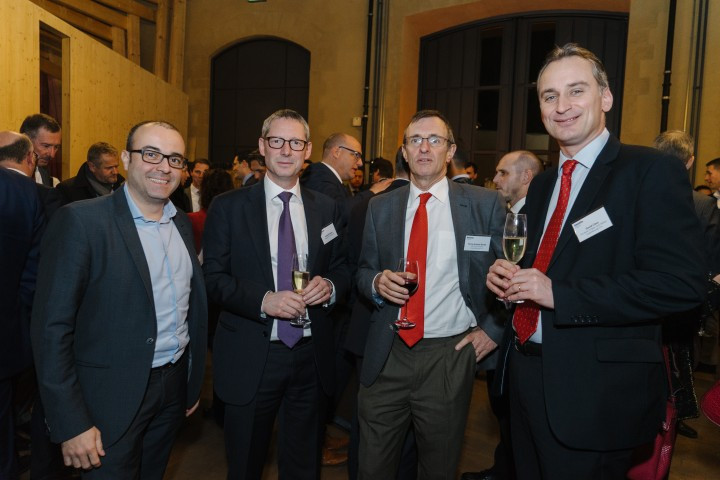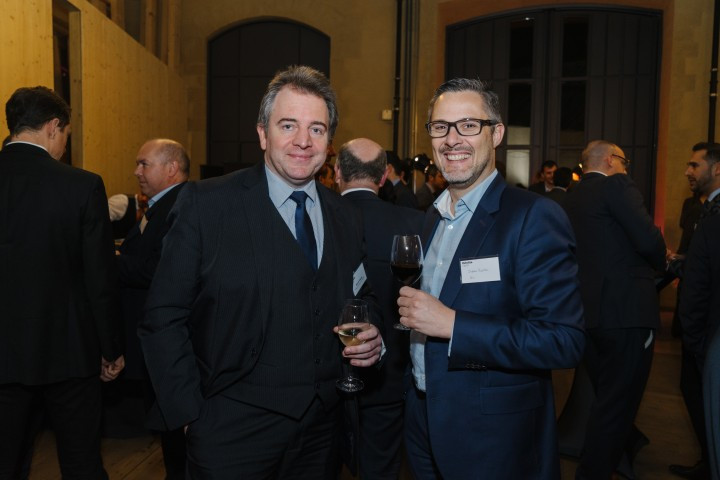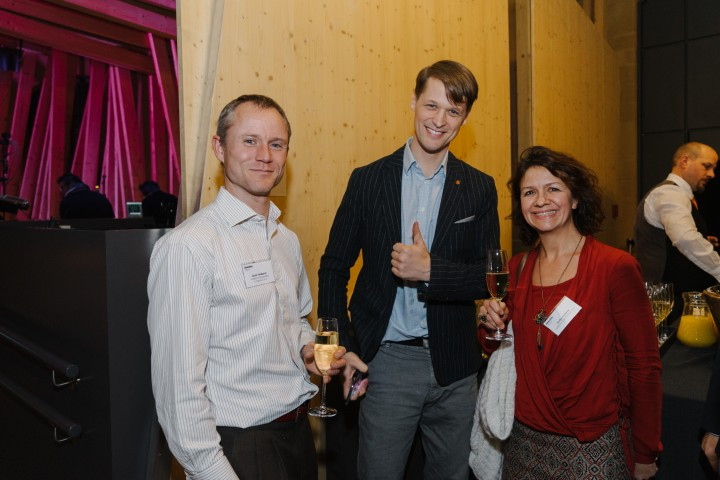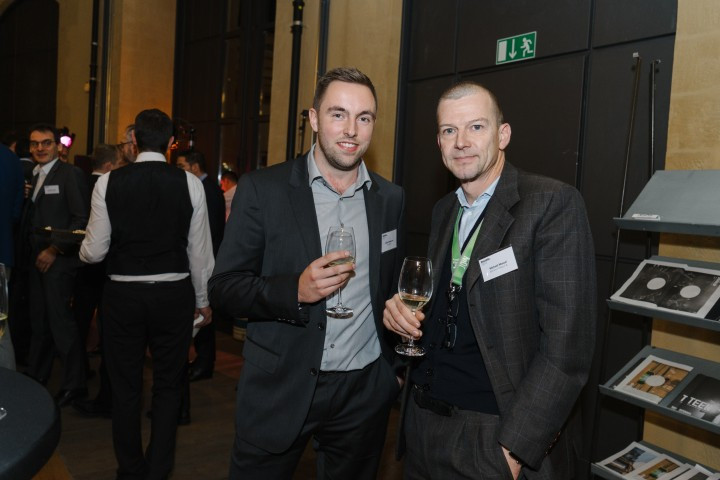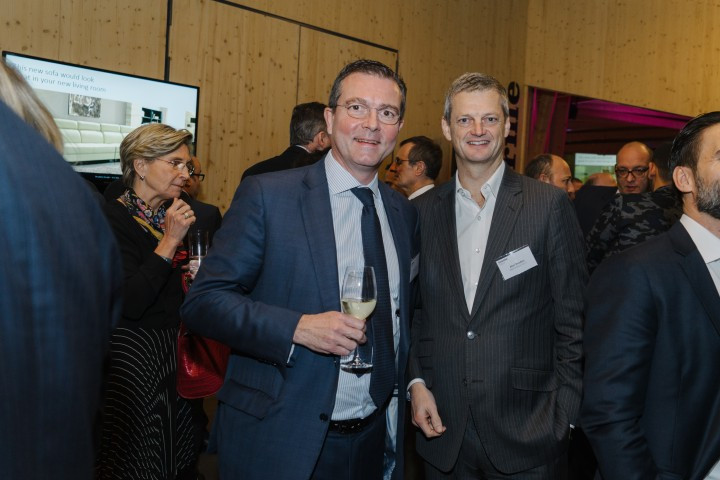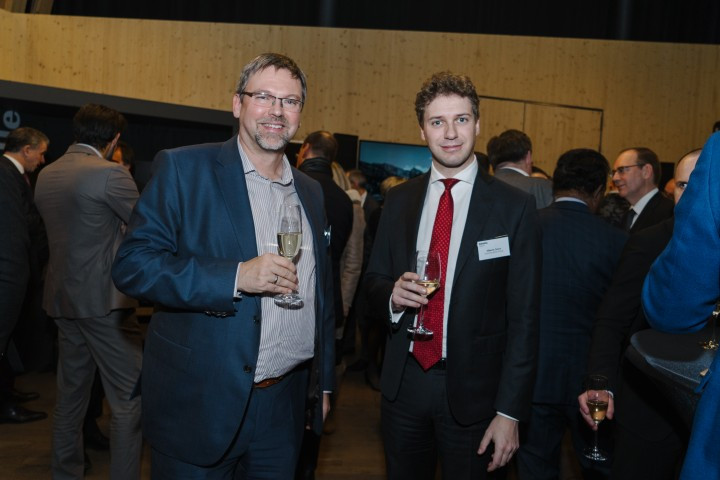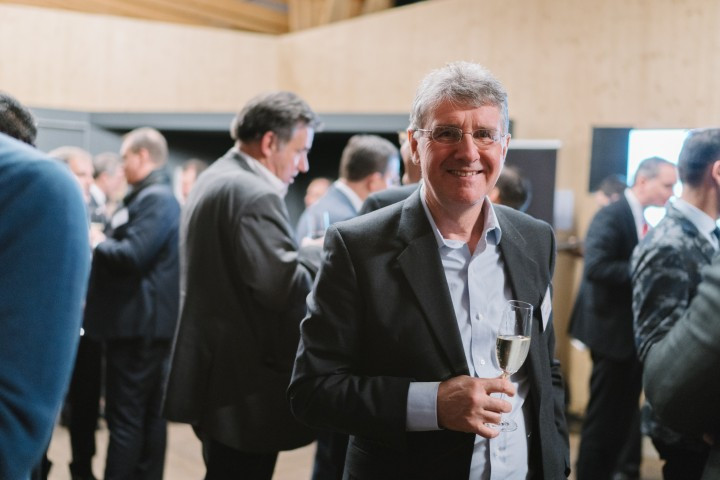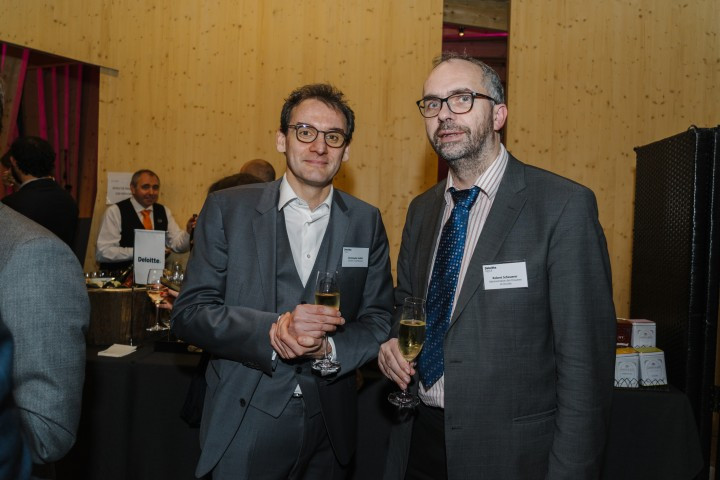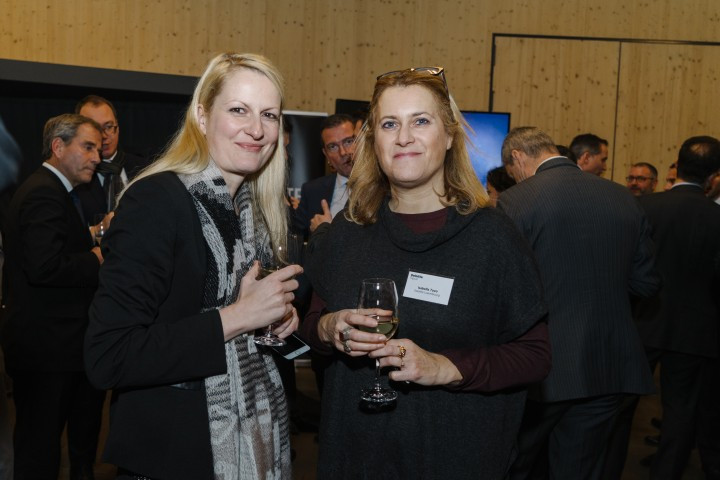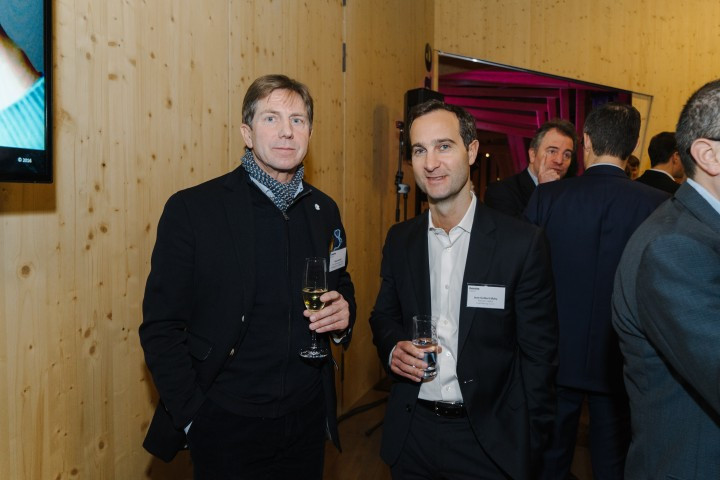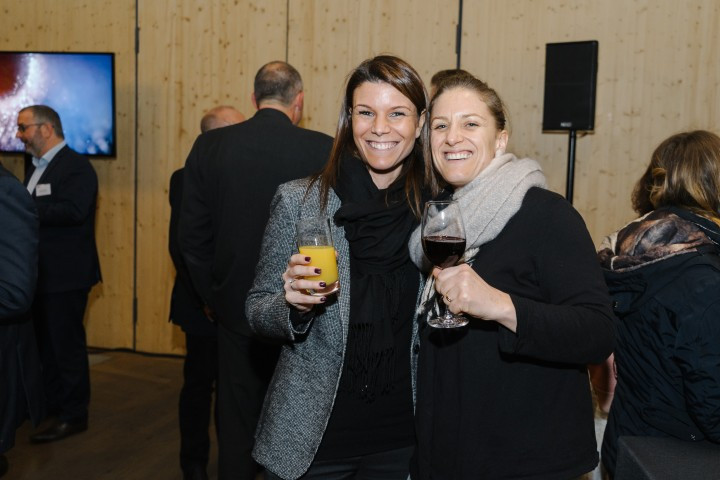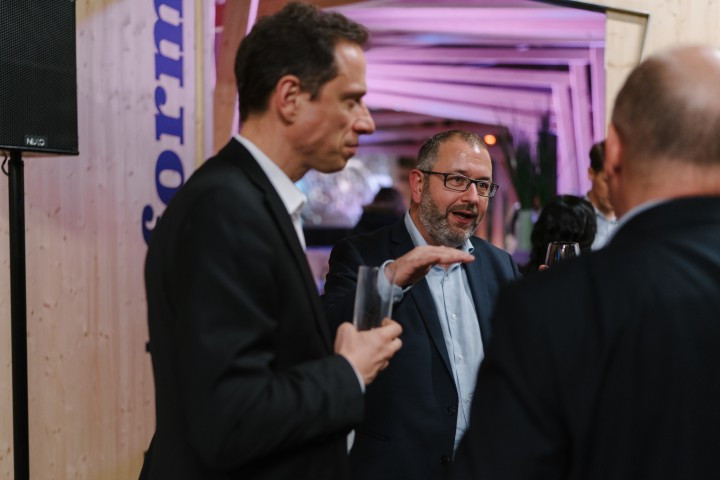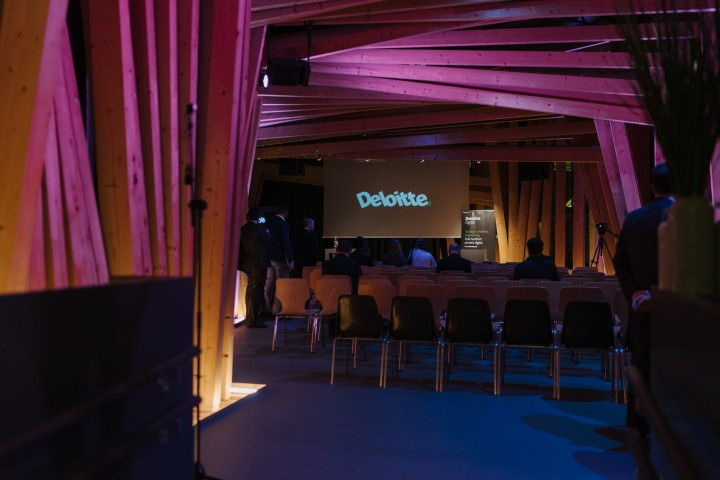The opening remarks to the conference were given by Xavier Bettel, the prime minister, who emphasised that Luxembourg is ready to embrace digital innovation and is open to new businesses in that area.
Mobility
Pierre-Dimitri Gore Coty, Uber’s head of EMEA operations from Uber, gave a talk on how Uber can complement public transport and increase mobility.
But this was not the original business model Uber’s founder had in mind when he created the company. It started out as a high end limousine hire service through the app, but then the founders realised that people didn’t care so much about which car they were driven in to their destination.
Since then, Uber has disrupted the taxi industry all over the world with its new digital model.
Blockchain
Peter Randall, CEO of Setl, a blockchain payments technology firm, presented his company. He said it is a multi-asset, multi-currency institutional payment and settlements infrastructure based on blockchain technology.
The Setl system enables market participants to move cash and assets directly between each other, simplifying the immediate settlement of market transactions.
Chip implants, virtual reality
Hannes Sjöblad, a “biohacker-tech activist” from Sweden, finished the formal portion of the conference with a highly thought-provoking presentation about chip body implants which can open doors, unlock phones and computers and even carry membership cards and USB sticks.
Sjöblad argued that the most important aspect of digitalisation was dematerialisation, and that the next big disruption would be the three-dimensional internet. He also stated that virtual reality headphones would be the new normal in a few years.
All three speakers emphasised the revolutionary way in which technology can impact people’s lives and the business world, but gave few indications on how policy-makers should handle these changes.
